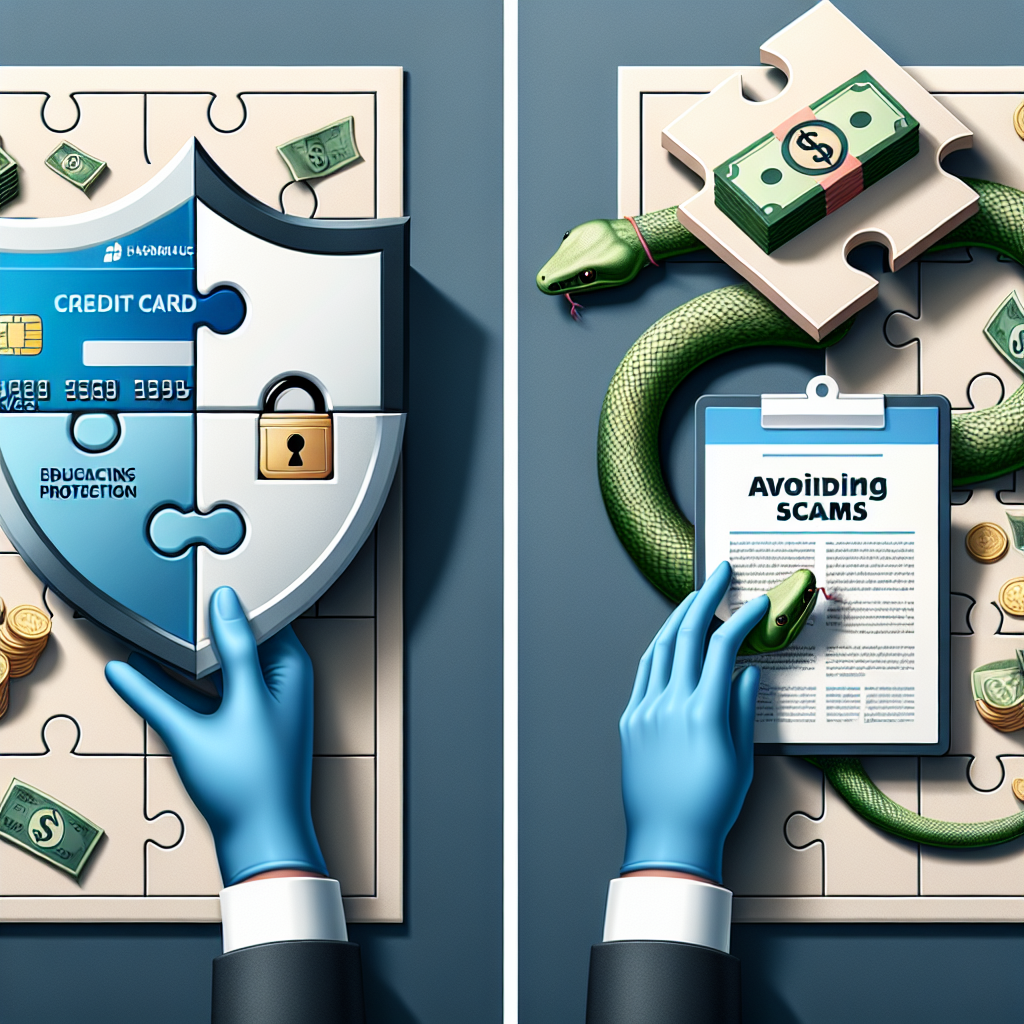Credit repair scams are a pervasive issue that can wreak havoc on consumers looking to improve their credit scores and financial health. The financial industry is teeming with dishonest practices designed to exploit individuals and families. Understanding what credit repair scams are, their signs, and how to protect yourself is crucial. In this article, we will delve into the world of credit repair scams and provide you with actionable tips to safeguard yourself.
What Are Credit Repair Scams?
Credit repair scams typically involve companies or individuals offering to improve your credit score or erase negative information from your credit report for a fee. Many fraudulent credit repair services make bold promises, such as achieving an "excellent" credit score in just a matter of weeks. However, these claims often lead to financial loss and further harm to your credit.
Common Tactics Used in Credit Repair Scams
-
Guaranteed Results: Scammers frequently advertise that they can boost your credit score by a specific amount or within a particular timeframe, which is unrealistic.
-
Upfront Fees: Many fraudulent companies demand payment before performing any services. Legitimate credit repair services are prohibited from charging upfront fees under the Credit Repair Organizations Act (CROA).
- Questionable Advice: Some scams suggest tactics that violate the law, such as creating a new identity or disputing accurate, negative information on your credit report.
Signs of a Credit Repair Scam
Identifying credit repair scams is essential for protecting yourself. Here are common warning signs to watch for:
1. Lack of Transparency
Legitimate credit repair companies should provide clear information about their services and fees. If a company is evasive or refuses to answer your questions, it’s a red flag.
2. Unsolicited Offers
Be wary of companies that contact you unexpectedly through phone calls, emails, or social media, especially if they claim to have special relationships with creditors or credit bureaus.
3. Pressure Tactics
Scammers often use high-pressure sales tactics to rush you into making a decision. If you feel pushed to sign a contract quickly, take a step back and reconsider.
4. Bad Reviews or Complaints
Research customer feedback online. If a company has a history of complaints or negative reviews, it may be best to avoid them.
How to Protect Yourself from Credit Repair Scams
Fortunately, there are several strategies you can employ to protect yourself from credit repair scams:
1. Educate Yourself About Your Rights
Familiarize yourself with the Credit Repair Organizations Act (CROA). This federal law protects consumers from dishonest credit repair organizations, ensuring you know your rights.
2. Research Companies Thoroughly
Before working with a credit repair company, conduct thorough research. Check online reviews, ask for referrals, and consult resources like the Better Business Bureau (BBB) to see if any complaints have been filed against them.
3. Look for Certified Professionals
Consider hiring certified credit counselors or financial advisors who have a good reputation and are accredited. These professionals can offer sound advice and strategies for improving your credit legally.
4. Dispute Errors Directly
Instead of relying on a third party, learn how to dispute inaccuracies in your credit report directly with the credit bureaus. You’re entitled to one free credit report per year, which you can obtain through AnnualCreditReport.com.
5. Monitor Your Credit Regularly
Stay vigilant by regularly checking your credit reports and scores. Various services provide free credit monitoring, which can help you detect suspicious activities early and take appropriate action.
Conclusion: Stay Vigilant and Informed
Credit repair scams can target anyone, but being aware and informed is your best defense. By recognizing potential scammers, understanding your rights, and taking proactive steps to improve your credit legitimately, you can safeguard your financial health. Always remember, if it sounds too good to be true, it probably is.
Stay vigilant, do your research, and empower yourself with knowledge to take control of your credit repair journey without falling prey to fraud.

